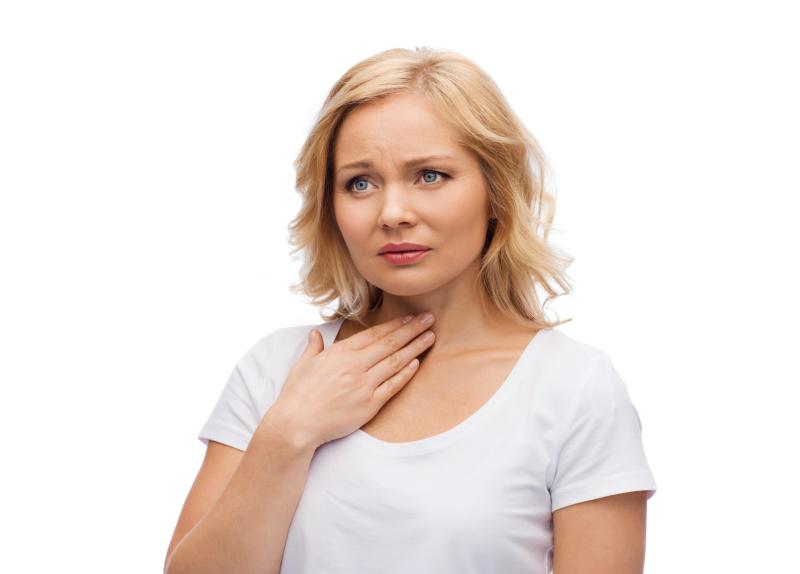
A recent study has revealed that concentrations of thyroid-stimulating hormone (TSH) do not correlate with the risk of developing differentiated thyroid cancer (DTC) in the presence of thyroid autoimmunity, even if this appears to be the case for other patients.
The authors analysed a prospectively collected database of patients referred for thyroid surgery at two tertiary care referral centres in Greece and the US. Data for preoperative TSH, postoperative pathology, and thyroid peroxidase (TPO) antibodies titres were collected.
Patients were further categorized into two: those with autoimmune thyroid disease (AITD; ie, lymphocytic thyroiditis) and non-AITD. Those with Graves’ disease, abnormal TSH (<0.40 or >4.50 mIU/mL), or recent use of levothyroxine were excluded. The authors then used the Mann-Whitney test to compare the serum TSH among different groups.
Of the 3,973 patients screened, 1,357 were excluded. After all exclusions, data from 1,731 non-AITD and 329 AITD patients were analysed. TSH concentrations were higher among AITD than non-AITD patients (2.09 vs 1.48; p<0.0001).
TSH values were higher in DTC compared with benign histology only in non-AITD patients (1.65 vs 1.40; p<0.0001). Of note, progressively higher TSH appeared to lead to a higher incidence of DTC in non-AITD individuals (p<0.0001). In AITD patients, TSH was comparable between groups with and without DTC (2.02 vs 2.14; p=0.21).
“Higher-but-within-normal thyrotropin is associated with higher risk for DTC in surgical series,” the authors said. “Our recent clinical observations suggest that this is not the case in the presence of AITD.”